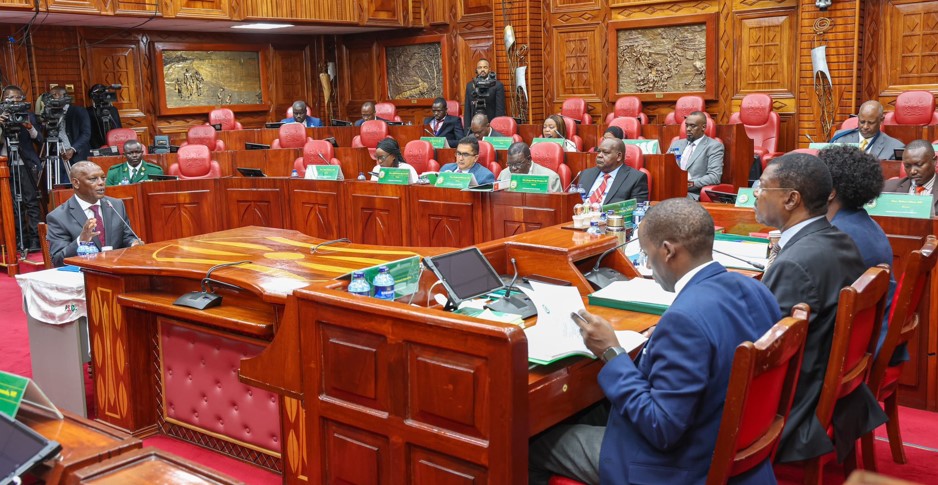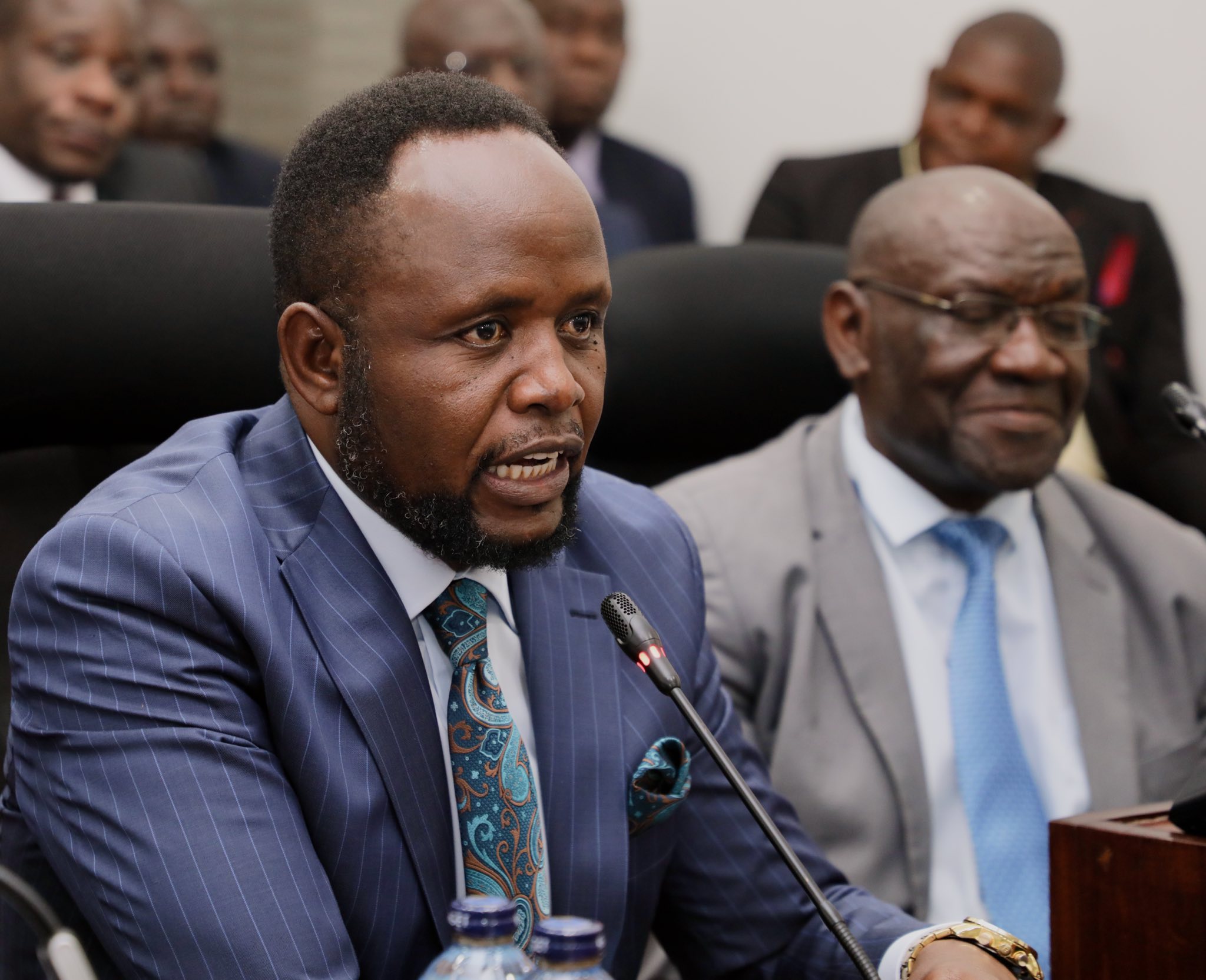Opinion: Non-proactive communication from state agencies eroded public trust

The nominees from ODM, who included former party chairman John Mbadi, Minority Leader Opiyo Wandayi, and former governors Hassan Joho and Wycliffe Oparanya, had one message — community strategy.
I spent time watching the vetting by MPS of Cabinet Secretaries nominated by President William Ruto. I was curious to see how members of the ODM party nominated to join the government would perform.
As I paid attention to their performance, something interesting came up. The nominees from ODM, who included former party chairman John Mbadi, Minority Leader Opiyo Wandayi, and former governors Hassan Joho and Wycliffe Oparanya, had one message — community strategy.
More To Read
- IG Douglas Kanja urges court not to issue orders over political activity claims
- Explainer: Step-by-step process of removing a cabinet secretary from office
- Court clears Ruto’s inclusion of external advisors in Cabinet meetings
- Cabinet Secretaries announce fresh appointments to boards across state agencies
- Chief Justice Martha Koome, CSs unveil appointees across state agencies
- Cabinet Secretaries restructure public boards with fresh appointments
The four answered questions from MPs but delivered the message that Ruto’s government had not been so keen on ensuring it communicated both their wins and misses.
This was evident when former governor Salim Mvurya, who is the immediate former CS for Mining, outlined his ministry’s achievements.
“You have done a lot, but the president was correct when he said that your ministry’s communication has been poor. You have done a lot but Kenyans do not know all that,” Deputy Speaker Gladys Shollei told Mvurya during the session.
That the government had failed on communication was no secret and that is why the ODM leaders kept on saying that they would work on improving communication.
“I am told there is a state-of-the-art communication centre at the Treasury, I will utilise that to ensure Kenyans are informed of what is going on,” Mbadi told the vetting committee.
Now, communication doesn’t entail sharing information only when you have good things to talk about but includes being bold to speak when you are also in crisis.
It also includes listening and knowing when not to say anything. All this is part of communication. When Kenyan youths were protesting, they were complaining that the government was not listening, hence there was a failure in communication. But aside from communication, there is the aspect of marketing. Many government communication roles are held by journalists, but not people with a good background in marketing.
While journalists bring valuable skills to government communication roles, their training is often centred around news reporting rather than strategic marketing. This is where the intersection of marketing and communication becomes crucial. Marketing professionals are adept at understanding audiences, crafting messages that resonate, and utilising various channels to engage effectively. These skills are incredibly valuable in the realm of governance, where the goal is not just to inform but to connect with citizens in a meaningful way.
Marketing strategies involve segmenting audiences, tailoring messages, and using feedback to refine communication approaches. These techniques can be applied to governmental communication to ensure that messages are not only clear but also engaging and responsive. By integrating marketing principles into government communication roles, there is potential for more effective public relations and crisis management.
The communications team in government offices need to act like a marketing agency. They need to look at the government as a product they are selling. If you are selling, it means you do not stop to market.
Just like any product, it needs to be marketed effectively to ensure that its value is understood and appreciated. This involves more than just announcing policies or responding to crises. It requires a strategic approach to continuously highlight the benefits, address concerns, and build a positive perception.
For a marketing agency, the work doesn’t stop after a single campaign. Similarly, government communication should be a continuous effort. This means that government communication teams should not only respond to current issues but also proactively engage with citizens, promote successes, and address potential concerns before they escalate.
Just as a product’s success depends on consistent visibility and engagement with its target audience, so does effective governance. By maintaining a continuous dialogue with the public, governments can build trust, mitigate misunderstandings, and foster a more informed and engaged citizenry.
The writer is a Mombasa-based communication and marketing expert. [email protected]
Top Stories Today











































